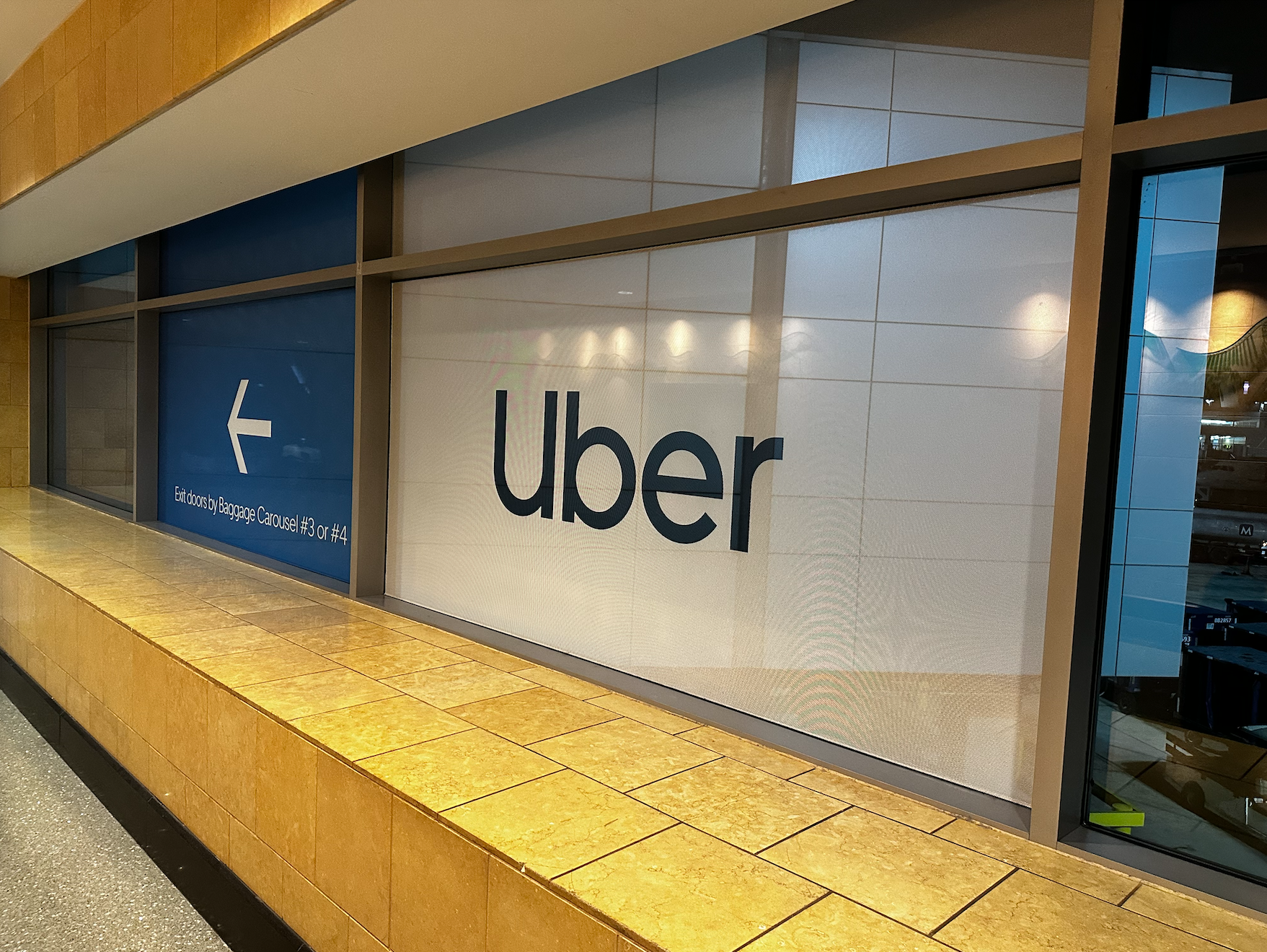More than 100 sexual assault lawsuits filed by individuals across the country against rideshare giant Uber have been consolidated into one federal court case in the Northern District of California. In recent years, Uber and the rideshare industry as a whole have faced mounting scrutiny over its handling of sexual assault reports. As one of the largest ridesharing companies, Uber has been at the center of numerous lawsuits accusing the company of failing to protect passengers from sexual assault. These allegations have prompted a consolidated legal battle, with hundreds or even thousands of victims expected to seek justice and accountability.
What is Rideshare Sexual Assault?
Rideshare sexual assault refers to instances where passengers are subjected to unwanted sexual advances, harassment, or assault during their rideshare trips. While rideshare platforms like Uber and Lyft have revolutionized transportation, providing convenience and accessibility to riders across the country, the rise of these services has also exposed passengers to potential risks. The nature of the industry, which relies on independent contractor drivers, has raised concerns about safety protocols and accountability.
The Scope of the Problem
The sheer number of rideshare sexual assault reports in the U.S. is alarming. According to an attorney representing numerous victims pursuing legal claims against Uber, the company has been aware of drivers sexually assaulting passengers since 2014. While the exact number of sexual assaults is difficult to determine due to underreporting, personal injury attorneys believe that there are thousands of individuals who have been sexually assaulted during their rideshare trips. The lack of mandatory reporting by Uber further obscures the true extent of the problem.
Consolidation of Lawsuits in Federal Court
To address the widespread allegations against Uber, a panel of judges recently ruled that more than 100 sexual assault lawsuits can be consolidated into one federal court proceeding. This significant development means that all pretrial matters will be overseen by Senior U.S. District Judge Charles Breyer in the Northern District of California. The consolidation allows for streamlined proceedings, including witness depositions, expert testimonies, and document discovery. This centralization of lawsuits is essential in shedding light on the magnitude of the sexual assault problem and holding Uber accountable for its alleged negligence.
Uber Objects to MDL Name
Uber recently filed a motion to change the name of the multidistrict litigation (MDL), objecting to the use of the phrase “sexual assault” in the coordinated legal proceedings. However, the U.S. judicial panel rejected this request, affirming the importance of accurately addressing the allegations against the company. This ruling underscores the significance of not downplaying or whitewashing the serious nature of the charges. By retaining the reference to “sexual assault,” the lawsuits maintain their focus on Uber’s alleged failure to safeguard passengers from such incidents.
Improved Safety Measures and Accountability
The impact of rideshare sexual assault on victims cannot be overstated. The emotional, psychological, and physical trauma experienced by survivors can be devastating, often leading to long-term consequences. The consolidated lawsuits aim to provide a platform for victims to seek justice, hold Uber accountable, and potentially bring about systemic changes within the rideshare industry. By consolidating the lawsuits, victims can collectively amplify their voices and advocate for safer rideshare experiences for all passengers.
The consolidated lawsuits against Uber also highlight the urgent need for improved safety measures and accountability within the rideshare industry. Victims and their advocates argue that Uber has the capacity to make rides safer but has been slow to implement necessary changes. Suggestions for enhanced safety protocols include mandatory in-vehicle video surveillance, extensive background checks with fingerprinting, sexual harassment education, and a zero-tolerance policy for drivers who violate safety rules. These measures, if implemented, could go a long way in preventing sexual assaults and ensuring passenger safety.
Industry-wide Implications
The outcome of the consolidated lawsuits against Uber could have far-reaching implications for the entire rideshare industry. If successful, the lawsuits may set a precedent for greater accountability and heightened safety standards. Competing rideshare platforms, such as Lyft, may also face legal action from passengers who allege that they were sexually assaulted by drivers. The focus on passenger safety and the potential for substantial financial penalties could prompt rideshare companies to proactively address these issues and prioritize the well-being of their passengers.
Uber Assault Lawsuit Information
Uber loses bid to change name of US cases over 'sexual assault' claims, Reuters
Consolidation creates massive sexual assault case against Uber, Courthouse News Service




